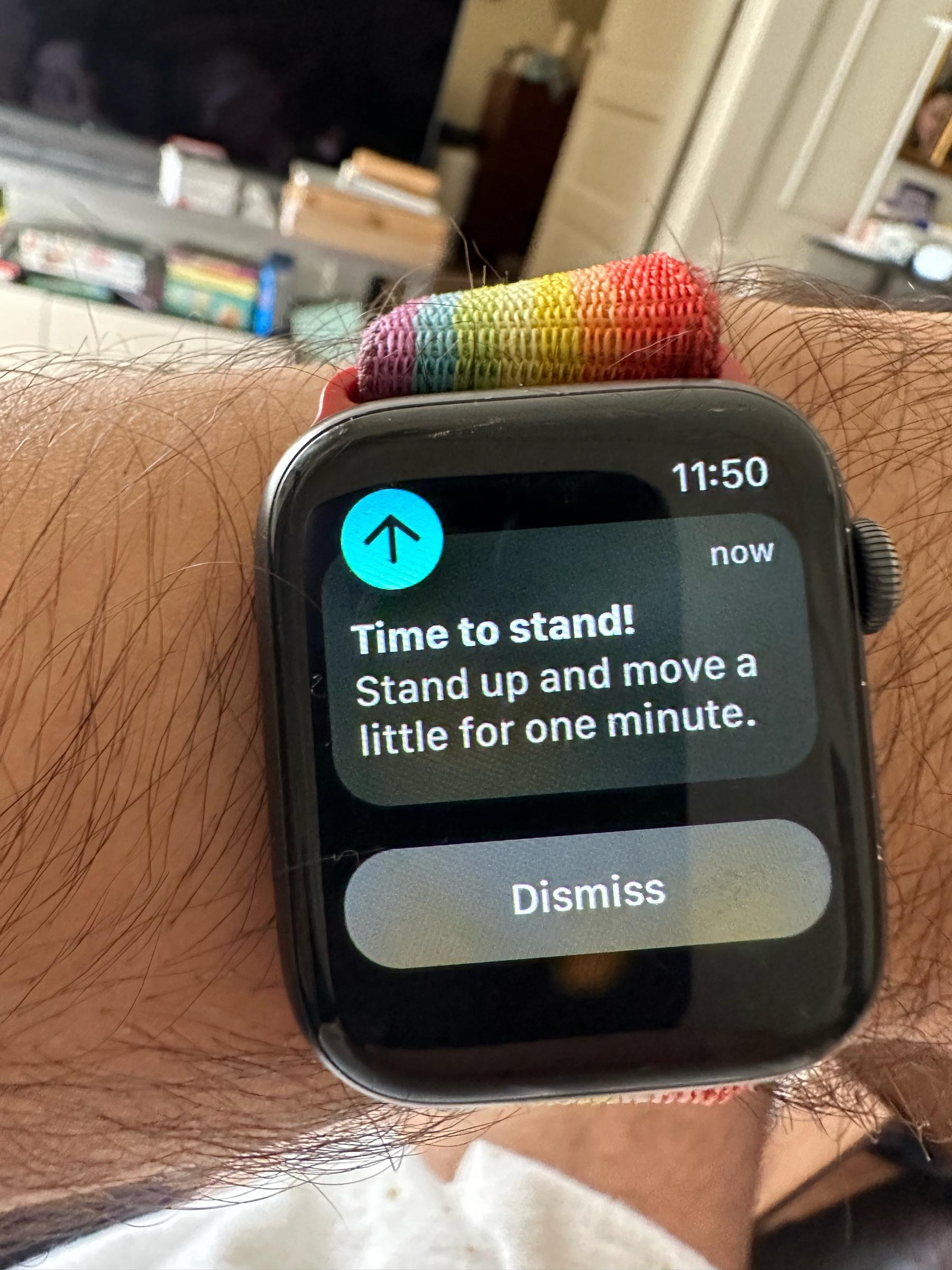
January, 2030.
After a long journey, I finally climb into my rental car. It’s a nice ride: comfortable bucket seats with built-in heaters, plenty of leg room, good visibility on all sides, and a large dashboard screen.
As soon as I get in, the car notices I’m sitting in the driver’s seat and springs to life. The seat itself has already adjusted itself for my height and usual driving position. The car checks the rental car record and sees that I’m an authorized driver: I have the ability to turn on the engine and drive. The dashboard is illuminated with my operating system and choice of gauges, which follows me into every car I drive. The car’s underlying hardware and firmware provides a standard API - CarTalk, like the old radio show - and handles low-level self-driving and safety controls. In turn, my portable identity, represented by my phone or other identity-compatible hardware, provides the UI and user preferences on top of those APIs.
Five years from now, in 2035, gasoline-powered cars will be banned in most major markets. But the market is already way ahead of that milestone: well over half of all cars sold today are electric. Although sky-high gasoline prices are a huge factor in this, the availability of personalized interfaces like the one I’m using are another strong reason. You can’t get personalization like this on a legacy car: the APIs just aren’t there. Electric wins because it’s a more modern, streamlined experience.
The mirrors are all pre-adjusted; I’m ready to go. I manually drive out of the lot and onto the freeway. I don’t expect to be driving for long, and like to be in control. In practice, self-driving is still mostly the domain of fleet vehicles like freight trucks, light rail, and buses, although it’s a handy thing to turn on for very long drives, in the same way that people used to use cruise control.
*
October, 2022.
For the last year and change, I’ve driven a Tesla Model 3 Long Range, a variant of the cheapest model of Tesla. This is in no way an endorsement of Elon Musk or the way the company is run: my mother wanted one, I put one on order, and when it arrived after she died I decided to keep it. I’ll probably exchange it sometime in the next year or two, particularly when the ID. Buzz comes out in the US. But given the state of the world, environmentally and geopolitically, I’ll never go back to a gasoline-powered car.
I’m not a high-end car guy by nature: my previous ride was a second hand ex-rental Hyundai Elantra. I actually resent the fact that I need to own a car at all, and would vastly prefer just to use public transit in the way I did before I moved here. But a car is necessary here, at least for now.
Still, the Tesla is undeniably fun to drive, and I really do like that it’s emission-free (and that I don’t have to pay high gas prices). Even simple features were magic to me: adaptive cruise control, for example, which I now know is at least an option across most new cars sold in the last few years. But it’s far smoother and more performant than anything I’ve previously owned.
It’s also given me an insight into this simple fact: Tesla is going to be absolutely dead within a few years unless it radically changes strategy.
The Tesla has its own integrated operating system. Even if you’ve never driven one, you’ve probably seen the iPad-like touchscreen display. Never mind that the interface keeps changing every few software versions and the text is surprisingly unreadable; it’s also substandard compared to, say, Apple CarPlay.
You’re expected to use voice commands for just about everything, because most features are so buried in convoluted menus that finding the control while you’re driving would be life-threatening. But the voice assistant also stinks. I find myself adopting a fake American accent to get it to understand me, and finding the right command can feel like playing a text adventure game circa 1985. Even opening the glovebox is like this. (What do you call a glovebox? If it’s not “glovebox”, you may find getting it open harder than you’d like.)
Finally, there’s no App Store. Whereas I can bring my relevant apps along for the ride in most other modern cars, the Tesla limits me to whatever the manufacturers thought would be useful. I have to use Tesla’s map; Tesla’s entertainment options; Tesla’s features. Were they streets ahead of everyone else’s, that might be reasonable, but they’re not.
Tesla and a few other manufacturers are vying to be the Apple of cars: a full-stack ecosystem that just works. I’ve found no fault with the hardware (although others have), and I find the proprietary charging network to be convenient and slick. But the software layer almost feels like an afterthought.
Getting the car serviced is also problematic. You can take most cars to your neighborhood mechanic. A lot of people have one they trust, that they’ve built up a relationship with over a period of years. In contrast, Tesla requires you to use its own network of repair shops, limiting you to their availability and price. That model works to some extent for Apple because an iPhone bricking is generally not life-threatening (and even then, a general right to repair is looming). In the US at least, people depend on cars to live - and losing control of one on the road is a life and death situation. The context is wildly different.
What Tesla did succeed at is showing everyone how software could be integrated with a car. And it will be, very quickly. The next version of Apple CarPlay is multi-screen and can take over an entire dashboard. New vehicles will have this capability built in, and legislative pressure from territories like the EU will force these APIs to be open and standard, in the same way that On Board Diagnostics II was made mandatory. Already, startups are setting themselves up as the standard API across all EV brands, demonstrating the need for standardization. Finally, charging stations will also inevitably be standardized.
In a world where everyone can bring their apps and experience on their phone, where electric vehicles are commonplace, and where everyone can use every EV charger, I don’t know where Tesla differentiates. The result will be something similar to the car market today. Rather than buying into a set of competing ecosystems, consumers will find that every car is an able receptacle for the apps and identities they carry with them. A combination of legacy and new car manufacturers will be forced to compete on the best possible hardware platform, based on safety, range, and user experience alone. In turn, Apple CarPlay and Android Auto will also face competitors based on user preferences, because they won’t be able to lock manufacturers into their standards either. In effect, the right to repair will extend to onboard software.
*
January 2030.
We have a lot of the same problems we used to have. Roads are congested because of under-investment in mass transit solutions. Climate change continues because of industrial causes, and not enough power generation comes from renewable sources. The politics of fuel are as complicated and fraught as ever.
But personal carbon footprints in car-centric countries like the United States are markedly down. Cars have gone through an evolutionary step change and are now transport platforms in a way they never were before. There are even beginning to be applications that swarm cars through mesh networks - ad-hoc caravans - that increase group efficiency while also providing network effects for car manufacturers.
As ever, we’re inching towards being better. It’s not a revolution; just another step change. Which is what, at its heart, technology always does.
Photo by CHUTTERSNAP on Unsplash


 Share this post
Share this post








